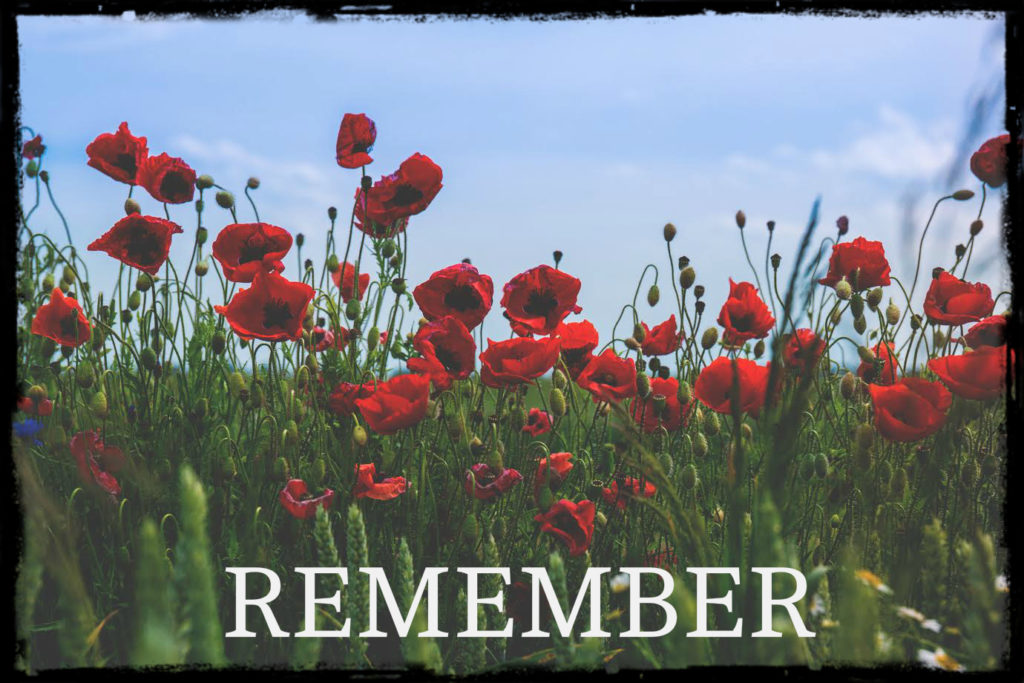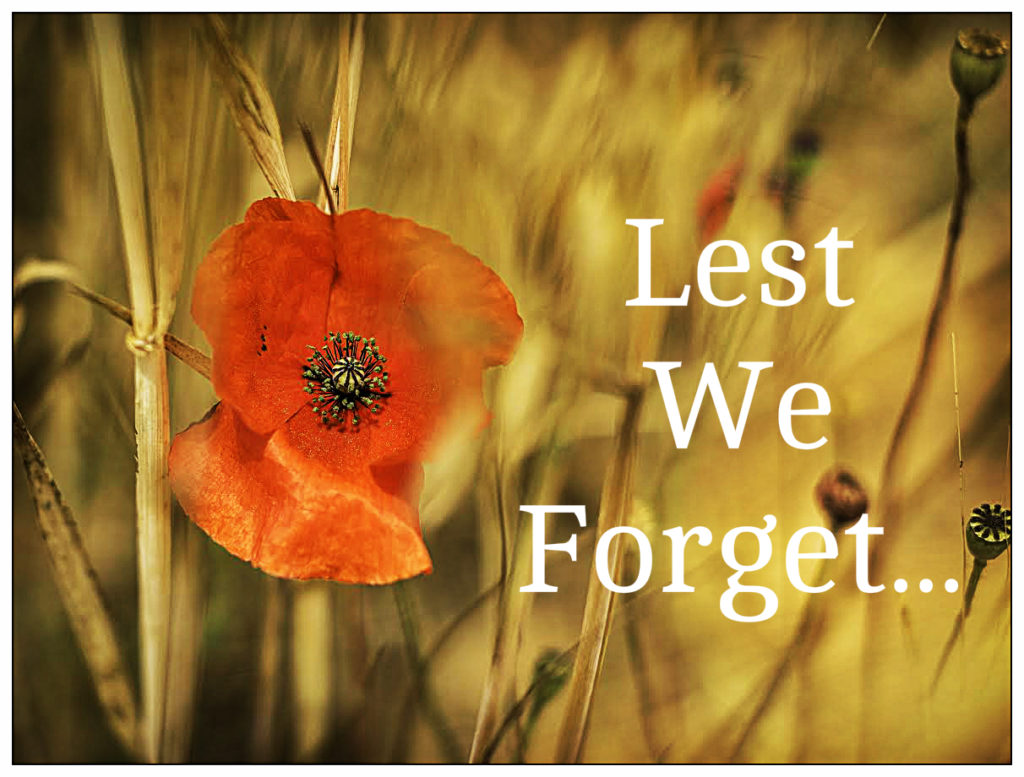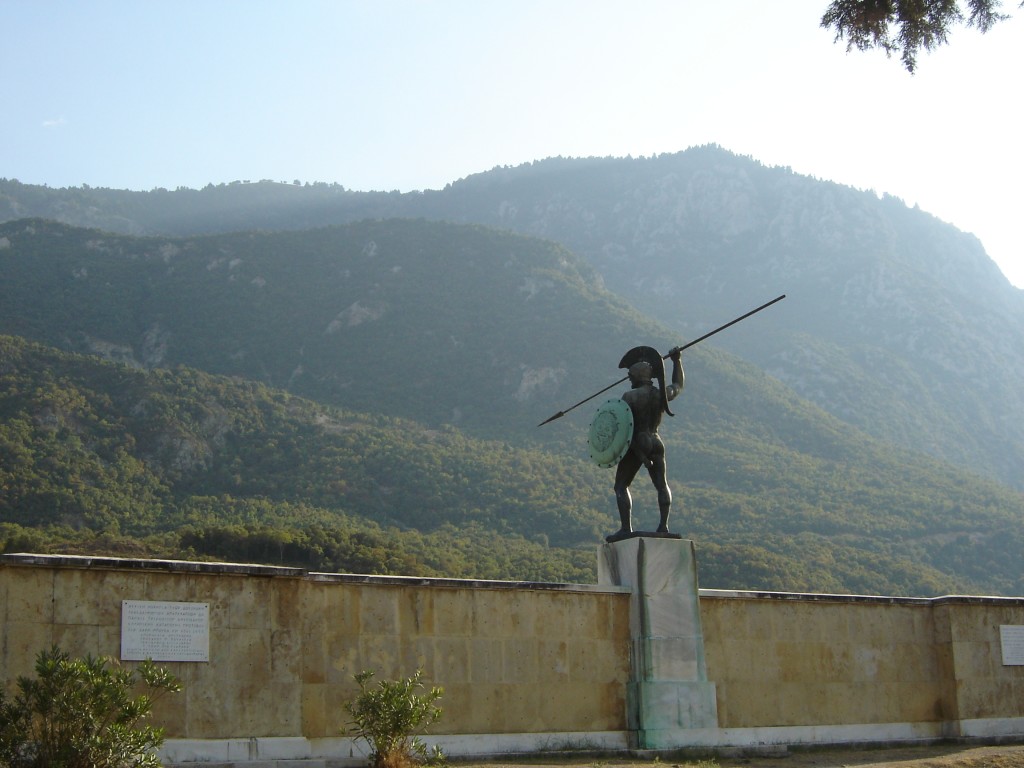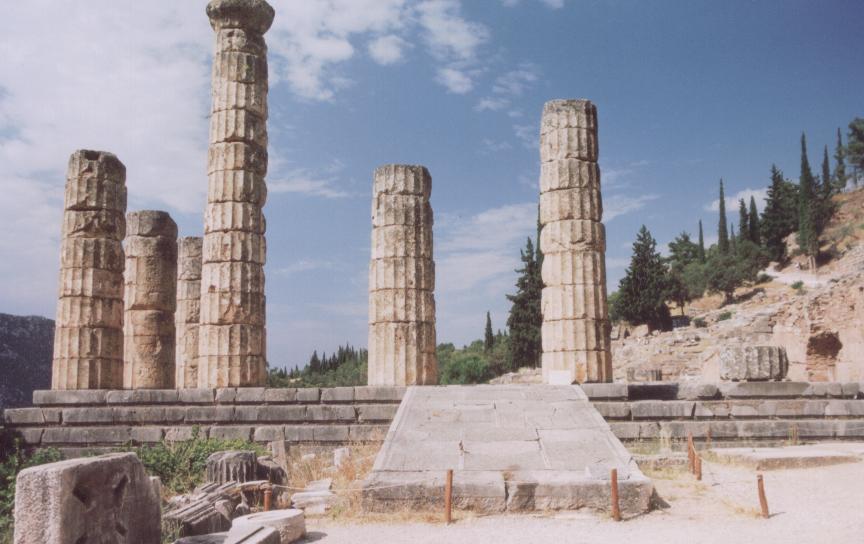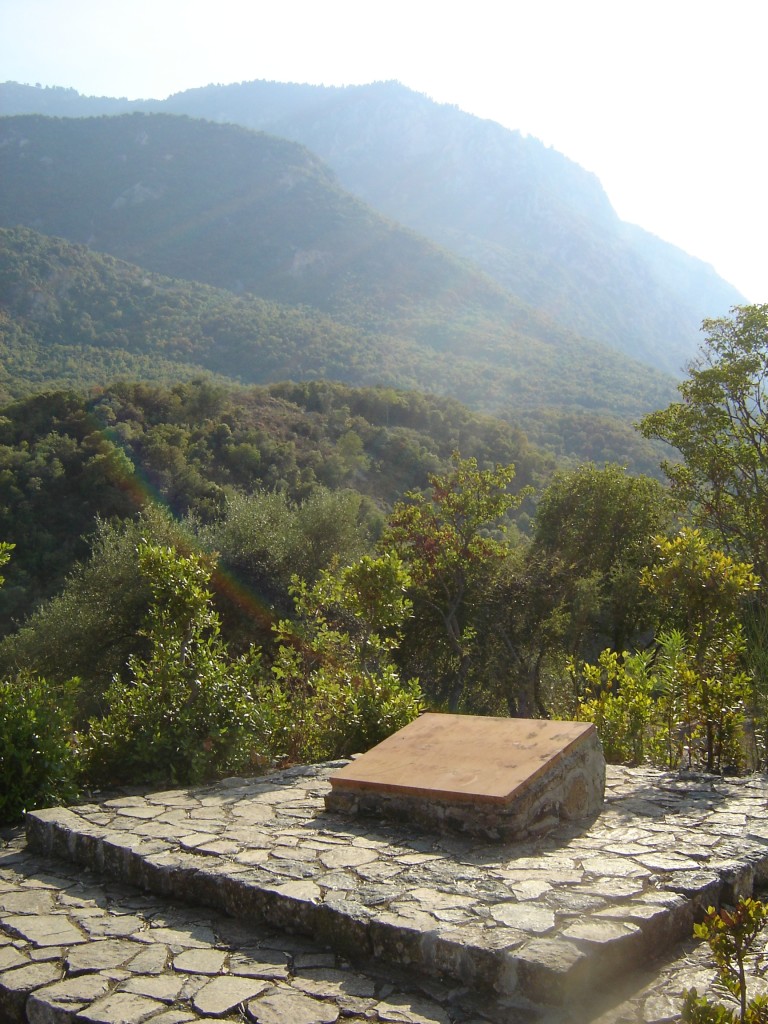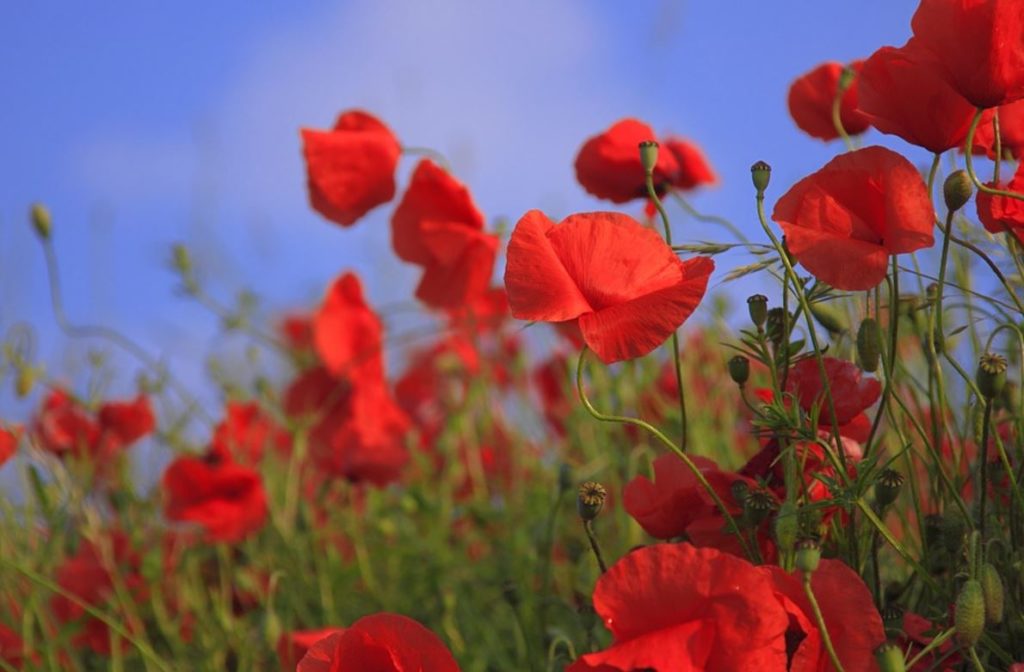
Today is Remembrance Day.
On November 11th, at the eleventh hour, I’ll be at my local cenotaph, standing alongside my fellow civilians, veterans and emergency services crews to honour and remember those have served, and those who have fallen in the line of duty.
I suspect that most of us have a connection to someone who has served in one of the many conflicts across the world since WWI and WWII to the present day. Or perhaps you know someone who battles to save lives on the streets of our cities?
For myself, one of my grandfathers served in both World Wars, and my other grandfather in WWII.
This is a time of year when I think of them more than usual.
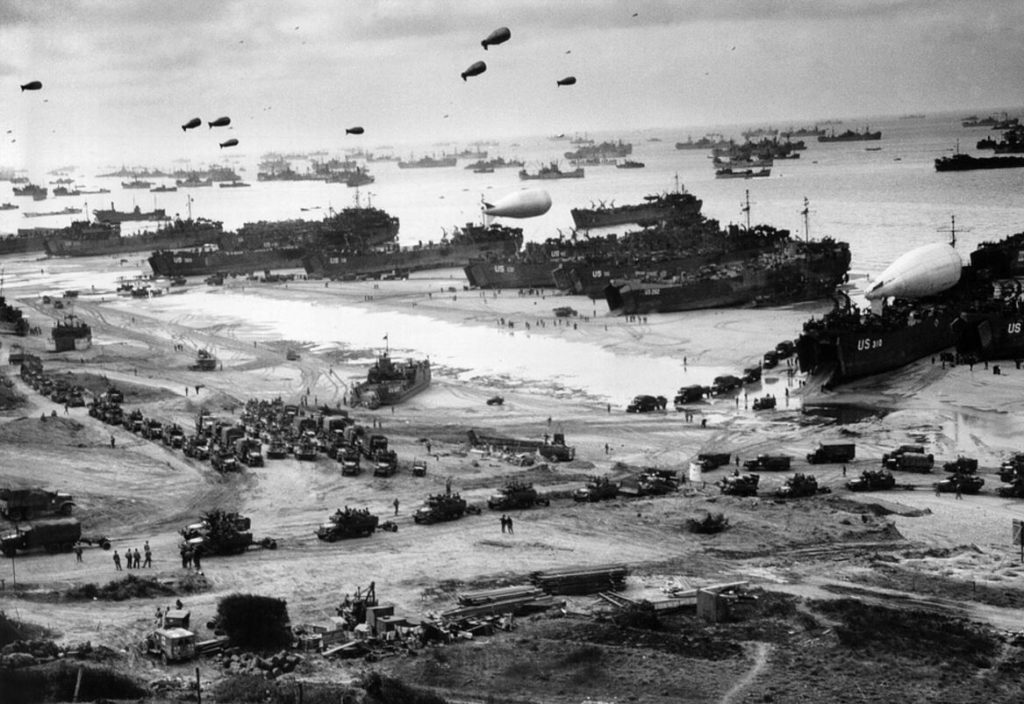
The Normandy Landing – WWII
I write a lot about warriors in the ancient world, and the struggles they face on and off the battlefield.
My protagonists have fought long, bloody campaigns, far away from the comforts of civilization.
They’ve faced enemies that will not come out into the open, and sometimes must rely on supposed allies that they cannot trust.
For the warriors in my books, life is a constant fight for survival. They fight and kill and die for Rome, all for the purposes of advancing the Empire’s plans for conquest.
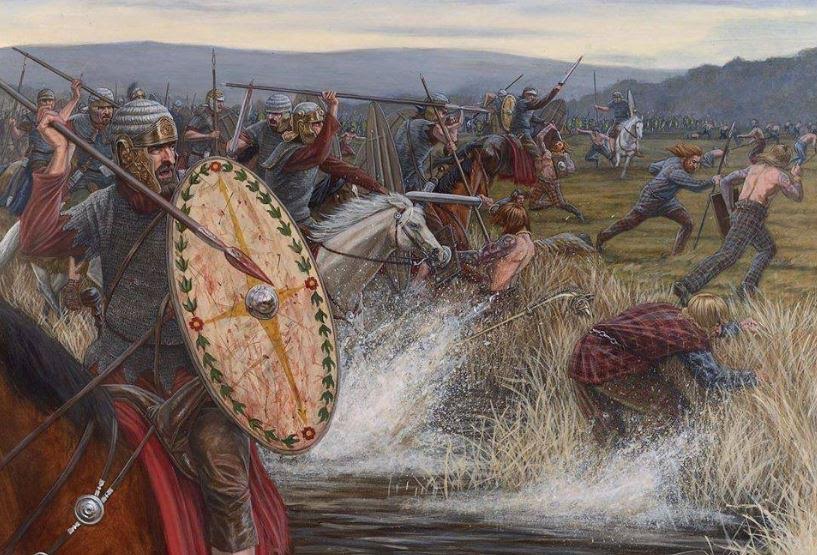
Artist impression of Roman cavalry ala engaging Caledonians
Indeed, one of the themes running through all my books is that of the powerful few sending many to die on the battlefields of the Empire. The soldiers are at the whim of those roaming and ruling the corridors of power.
Sound familiar?
My, how history does repeat itself.
Always at the back of my protagonist’s mind is the family that he misses. But if he thinks on them too much, if he loses his focus at any time, his enemies will tear him apart.
The warrior’s life has never been an easy one, especially when you have something to lose.
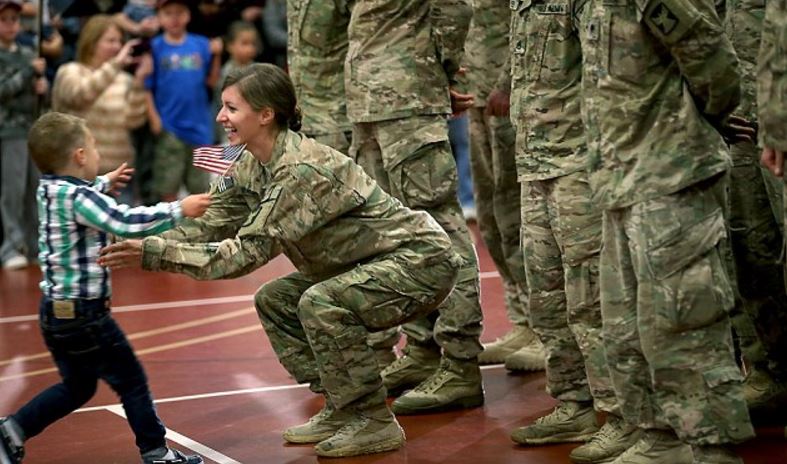
Mother and son reunited
But what happens when it’s time for the warrior to ‘come home’?
How is it even possible after the life they’ve led? Can they really ‘come home’?
How have warriors, men and women, dealt with the aftermath of war?
In his book The Warrior Ethos, Steven Pressfield asks a pertinent question:
All of us know brothers and sisters who have fought with incredible courage on the battlefield, only to fall apart when they came home. Why? Is it easier to be a soldier than to be a civilian?
In one way, perhaps life at war is more straightforward. Every day, every moment perhaps, your thoughts, your purpose, are focussed on the objective – take that position, hold that region, protect your brothers and sisters in arms, stay alive. In some situations, it’s kill or be killed.
We’re back to primal instincts here.
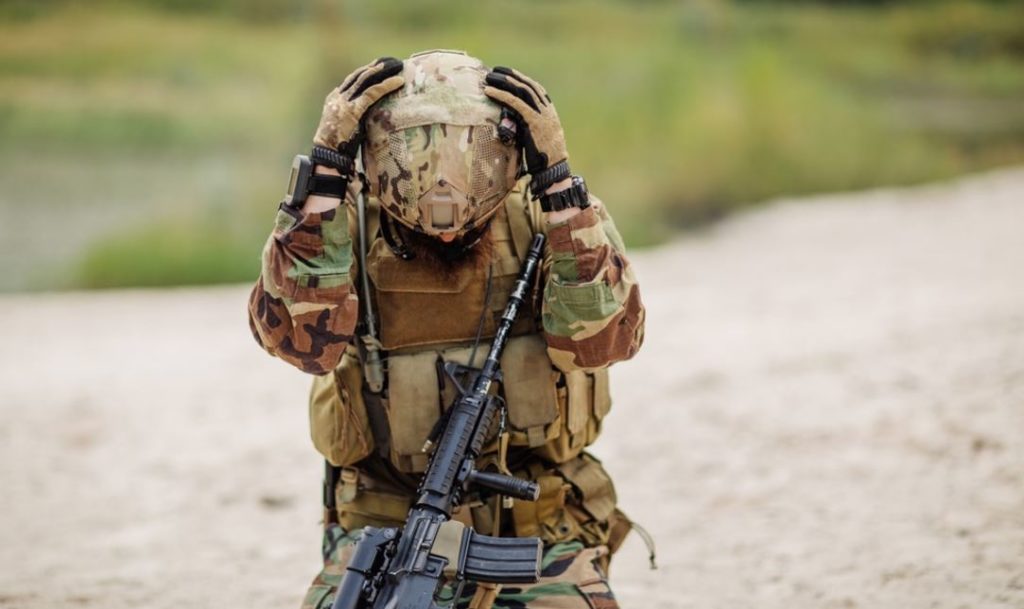
Stepping from the world of war into the civilian world is an unimaginable transition.
Today, we have any number of soldier’s aid societies and government programs and guides that are intended to help veterans of wars reintegrate into society.
These groups do good work that is much-needed, but is it enough? How can non-combatants in civilian society understand the physical and emotional trauma that is experienced by warriors after the battle?
In the ancient and medieval worlds, there were no societies or organizations whose purpose was to help returning warriors.
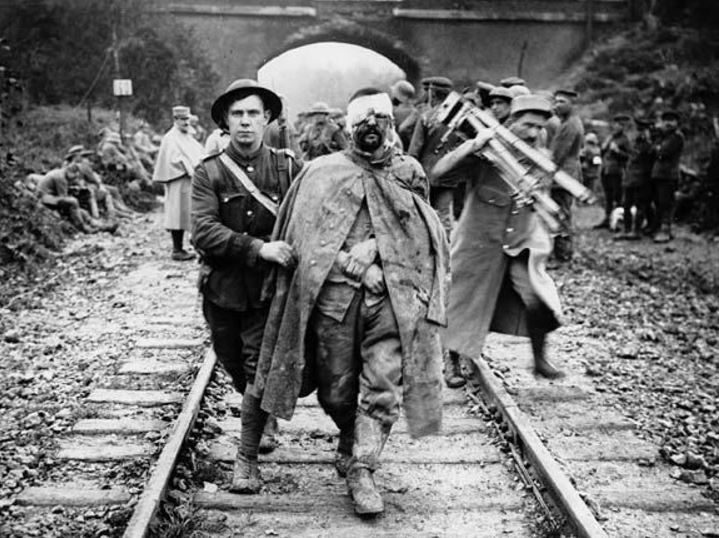
British Troops in WWI
Granted, in warrior societies such as Sparta, the majority of warriors probably enjoyed the fighting. All Spartan men were warriors. That was their purpose.
But in the Roman Empire, returning warriors would have had to reintegrate in a way similar to today, rather than ancient Sparta. Later Roman society valued not just fighting prowess, but also political acuity, the arts, rhetoric, skill at a trade, generally being a good citizen in society.
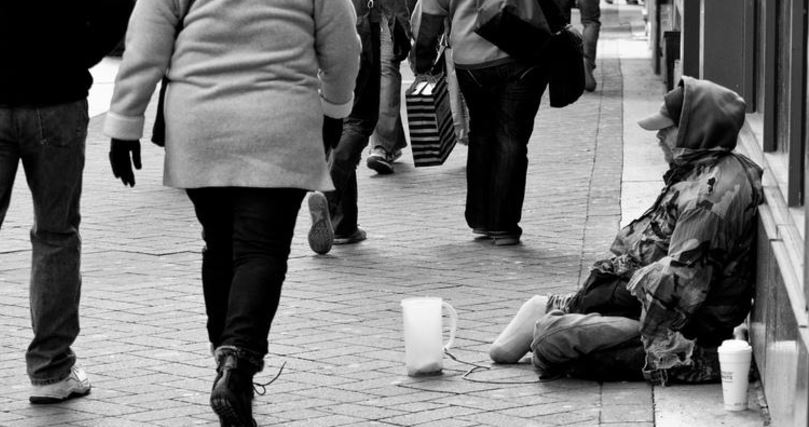
Many veterans are homeless when they come home…
Going back to peace time in a civilian society after the straightforward survival life of a prolonged campaign would have been tough.
We read about legionaries coming back to Rome and getting into all sorts of trouble, their days and nights taken up with gambling, brawling, and whoring.
It’s no wonder that generals and emperors created coloniae for retired soldiers on the fringes of the Empire. In these places, veterans would not be able to cause trouble in Rome, but they would also be given the opportunity to have some land and make a life for themselves.
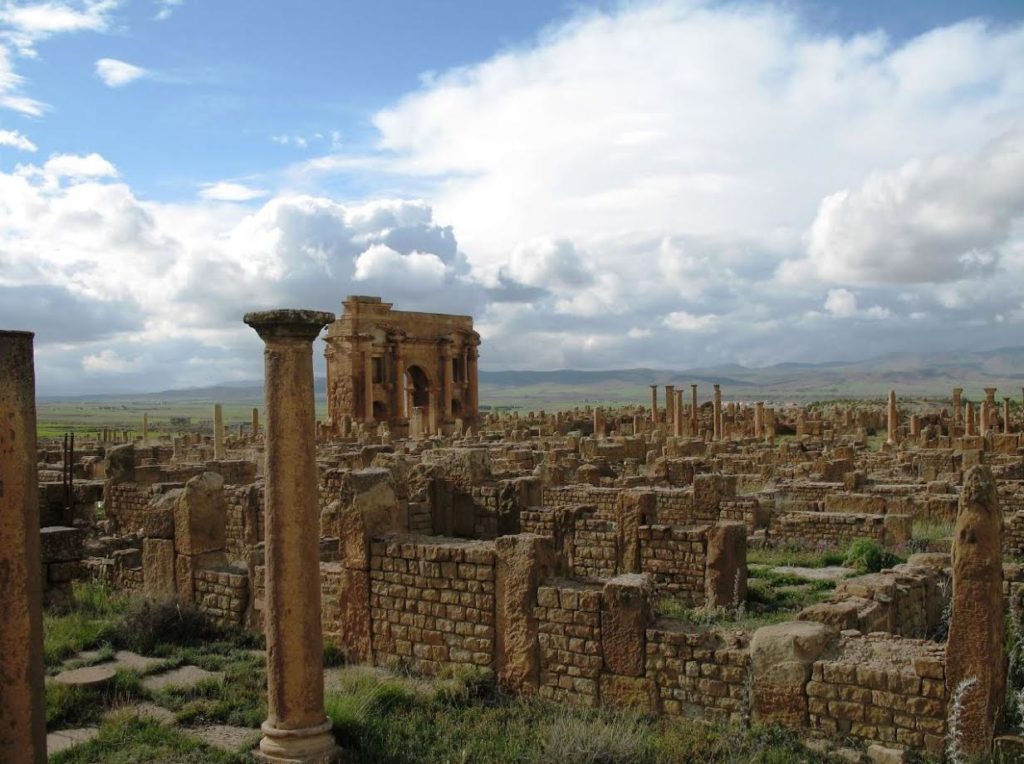
Thamugadi – A Roman colonia in North Africa for retired veterans
In my book Warriors of Epona, my protagonist is reunited with his family. He has to face peace time.
How does he deal with this? How does his family deal with him?
War changes a person, whether it’s in the past or the present day. It’s an experience unlike any other and I salute anyone who faces the conflict that comes with stepping from the world of war into the world of peace, and vice versa.
In the Roman Empire, they were two very different battlefields, as they are, I suspect, today.
I imagine that reconciling the two worlds can push a man or woman to their very limits.

Post-traumatic Stress Disorder (PTSD) is real.
I’ve often thought that governments should step up more when it comes to helping veterans. How about free college education for veterans and their families? Or exemption from taxation for them and their families for all they have risked and sacrificed? What about a good pension?
Veterans today shouldn’t have to worry about finances or a roof over their heads. They have enough to deal with when the fighting is done.
I’ve read that Alexander the Great actually did these things for his veterans, and the Roman Empire granted lands to hers.
Any government people who happen to be reading this should take notes.
We can also do our part, whether it’s wearing a red poppy, thanking a veteran for their dangerous work, or donating to an organization that directly helps veterans and their families.
The very least we can do is be quiet for a minute at 11:00 a.m. on November 11th.
As ever, at this time of year, I feel like my words fall short, that they are not nearly enough. I’d like to close this by expressing my heartfelt thanks and gratitude to the men and women in uniform who have risked, and are risking, their lives to keep us safe and free.
THANK YOU.
And thank you, dear readers, for following along.
In future, when you read a novel about warriors in the ancient world, do bear in mind that there are modern equivalents. The homecomings for many of them are far more difficult than we can imagine.
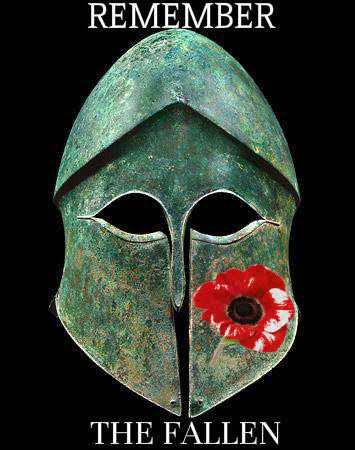
Today, there are numerous organizations whose sole purpose is to help veterans, young and old, to make the transition from war zone to home front.
This year, Eagles and Dragons Publishing has made donations to two organizations whom we believe are making a real difference in the lives of veterans.

Wounded Warriors Canada’s mission is “To honour and support Canada’s ill and injured Canadian Armed Forces members, Veterans, First Responders and their families.”
Eagles and Dragons Publishing has donated to the ‘Couples Overcoming PTSD’ program.

VETS Canada is committed to helping homeless and at-risk veterans reintegrate into civilian life.
Eagles and Dragons Publishing has made a general donation to this wonderful, volunteer-led organization helping veterans in need.


